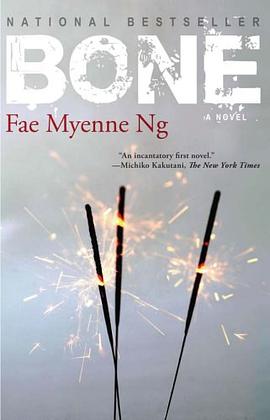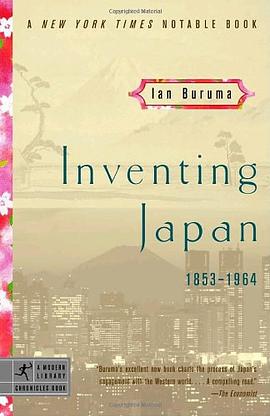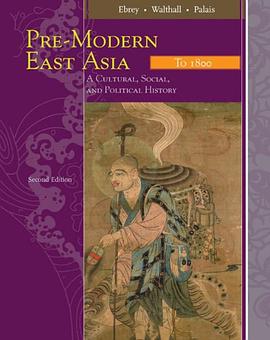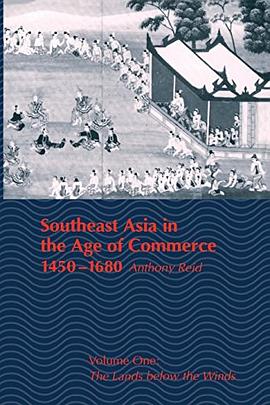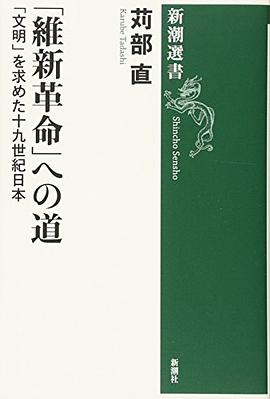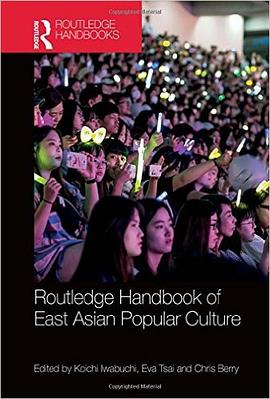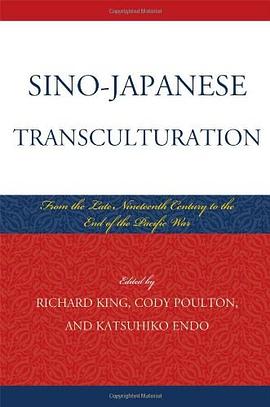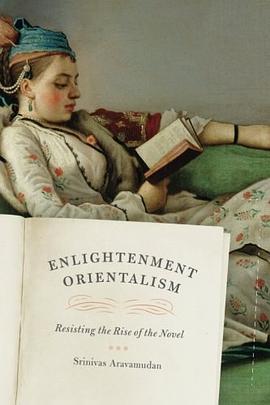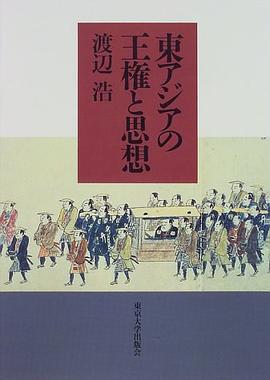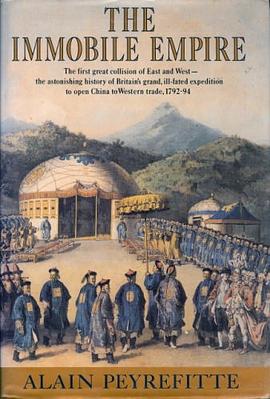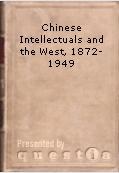
One of the most striking phenomena in the recent history of China is the large number of Chinese youths who went abroad to study. Each year, from the beginning of this century, hun dreds and then thousands of young men and women broke away from the confines of their own culture and immersed themselves for a few years of study in the modernizing worlds of Japan, the United States,Western Europe, and Russia. Most of the nation's leaders during the twentieth century had this experience, or at least learned from teachers who had studied abroad. This group of leaders was the driving force in nearly every aspect of the multifaceted process of China's modernization--military, technological, scientific, diplomatic,financial, political, ideological, and literary. Study abroad was also part of the process through which the Chinese began to adjust to the realities of the world outside the Middle Kingdom. Without takinginto account this phenomenon of Western education, modern China is incomprehensible.
Yet, strange to say, until the publication of the present book, there has been no comprehensive and systematic study in a Western language of this aspect of China's recent history. Professor Y. C. Wang has explored the subject intensively, if not exhaustively, using a formidable array of historical data to trace the movement from
the closing decades of the nineteenth century to mid-point in the twentieth.
During these seven or eight decades, about one hundred thousand students went abroad for extended periods. Most returned to China
eager to use their knowledge to contribute to the country's social transformation. Some had distinguished careers and some were misfits. Some used their knowledge for personal aggrandizement. What effect did they have upon their own society? To bring coherence to a subject of such complexity, Professor Wang has used a variety of approaches--socio-historical, statistical, descriptive, and biographic.
He has explored many neglected aspects of China's modern history in which the foreign educated were leaders of political revolution,guides to social reform, managers of the country's finances, ideologists, cultural leaders, and entrepreneurs. Finally, he has tried to appraise the impact upon China of this massive drive for foreign education.If some of his conclusions are pessimistic, this may not be inap propriate in view of the agonizing cultural readjustment China has gone through in the twentieth century. Leaders with part of their
education acquired abroad were unable to prevent this cultural confusion; indeed, they contributed to it. On the whole, they
neglected the problems of rural China where most of the population lived. Was this the fault, or at least the result, of their foreign education? Was this education, generally speaking, ill-suited to China's
needs? Was the turmoil an inevitable by-product of modernization?
Japan seems not to have suffered so traumatic an experience. What other factors bore upon the Chinese case? These are some of the questions to which Professor Wang addresses himself.Questions such as these have an import far beyond China. Most of the world is undergoing a process of modernization disruptive of established mores and attended by conflict. Thousands of young men and women from Asia and Africa are studying today in foreign countries--in America, Western Europe, Russia, and now in China--seeking eagerly to enhance their own knowledge with the hope of contributing to the modernization of their own societies. Will their education abroad, and the conflicting ideologies various of them may
absorb, serve them and their nations well or ill? Must the transplantation of knowledge, belief, and technical skill create social confusion?
American youths, too, are studying abroad in ever-increasing numbers.What judgments will future historians come to in appraising the
inter-cultural education which so many of the world's future leadersare experiencing?
Professor Wang's study of the Chinese historical case does notattempt to answer these latter questions. For this he may surely be forgiven, since he has pioneered in one important field affecting something like a fifth of the human race. But certainly his book has much to say not only to students of China but also to those concerned with education in the modern world.
C. MARTIN WILBUR
Professor of Chinese History
Columbia University
October, 1965
具體描述
讀後感
評分
評分
評分
評分
用戶評價
大概是Schwarz批評的那種粗暴劃分tradition/modernity的作品
评分大概是Schwarz批評的那種粗暴劃分tradition/modernity的作品
评分大概是Schwarz批評的那種粗暴劃分tradition/modernity的作品
评分大概是Schwarz批評的那種粗暴劃分tradition/modernity的作品
评分大概是Schwarz批評的那種粗暴劃分tradition/modernity的作品
相關圖書
本站所有內容均為互聯網搜索引擎提供的公開搜索信息,本站不存儲任何數據與內容,任何內容與數據均與本站無關,如有需要請聯繫相關搜索引擎包括但不限於百度,google,bing,sogou 等
© 2025 qciss.net All Rights Reserved. 小哈圖書下載中心 版权所有



